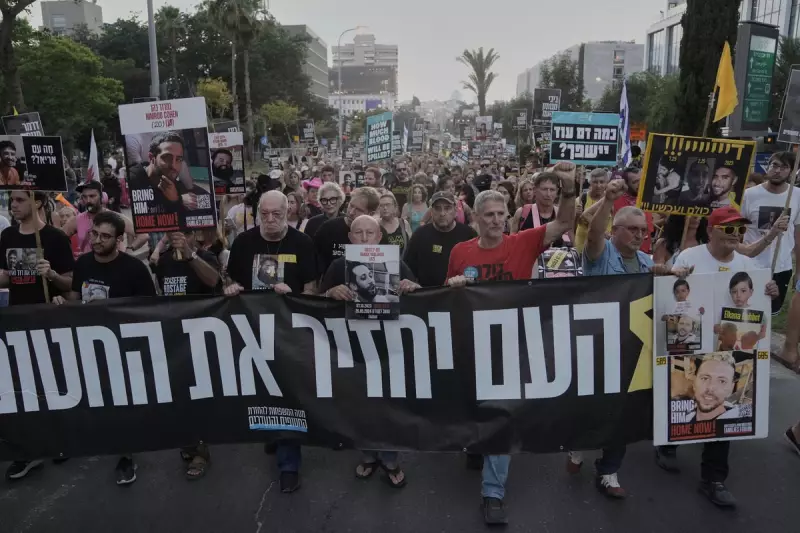
Israeli Prime Minister Benjamin Netanyahu has struck a defiant tone, announcing preparations for a large-scale military operation in the southern Gaza city of Rafah, despite mounting international pressure and a stark warning from US President Joe Biden.
The proposed offensive, which Netanyahu describes as 'powerful' and 'imminent,' has become a major point of contention between the two allies. President Biden explicitly stated that an invasion of Rafah without a 'credible and executable plan' to ensure the safety of over one million civilians sheltering there would be a 'red line'.
A Clash of Allies and Stakes
In a televised statement, Netanyahu acknowledged the disagreement but remained resolute. "We are determined to complete the elimination of these battalions in Rafah, and there is no way to do that without a ground incursion," he stated, referring to Hamas forces.
The White House responded by confirming that a team of senior officials would soon travel to Washington to present Israel's plans for the Rafah operation and discuss alternatives to a full-scale ground assault. This high-stakes meeting is seen as a critical juncture to de-escalate the situation.
The Human Cost and the 'Safe Zones'
The potential for catastrophic civilian casualties is at the heart of global concern. Rafah, once a designated safe zone, is now overflowing with displaced Palestinians living in desperate conditions. Aid agencies have repeatedly warned that an offensive would be devastating and unleash a humanitarian catastrophe.
Netanyahu's government claims it is planning to evacuate civilians to 'humanitarian islands' within Gaza before any operation begins. However, details remain vague, and the international community is deeply sceptical about the feasibility of such a plan given the widespread destruction and lack of safe havens elsewhere in the territory.
As the world watches, the standoff between Israel and its most powerful ally continues, with the fate of Rafah's immense civilian population hanging in the balance.





